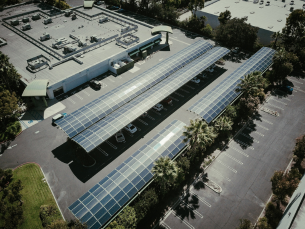People, planet and prosperity
The current economic paradigm of inputs plus innovation is not proving capable of leading the planet to sustainability. We must therefore evolve it. The labor market will have to adapt to provide appropriate skills and open up career and research opportunities.
The SDGs and Agenda 2030 have introduced a proxy and suggestion for the development and prosperity of this new economy: SDG compliance. What is the level of knowledge of students in the master’s degree program with the new sustainability disciplines?
The course aims to offer a broad range of skills and build capacity to tackle a variety of degrees and courses at the bachelor’s level (economics, engineering, natural sciences, agriculture, international relations, political science).
In fact, this core course will enable future bachelor’s degree students to grapple with new jargon and taxonomies related to sustainability, international finance, investment, and the paradigms of the newly emerging economic theory.
The paradigm of economic theory is shifting and several issues are related to sustainability as a driver of climate change action, biodiversity protection, and sustainable natural capital management. The fundamental issue of paying the costs of wasted or misused natural capital is paramount. So is the ability to work out country- and region-specific trade-offs among the complexity and sometimes controversy of the various SDGs targets and indicators moving in different directions simultaneously.
Financial issues related to this paradigm shift become critical to the future of our planet. Essential notions related to finance and investment will be analyzed, and students will be able to navigate the complexity of these topics.
For all this, the abilities of people, experienced and not, to manage the complexity of sustainable development will be crucial in the next two decades of the planet’s history.
The five-course module aims to provide a competitive foundation to meet the challenges of smart and motivated students on the critical core issues of the third millennium, such as measuring impacts within a shared framework and appreciating the geopolitics of the 2030 Agenda.
This course aims to allow entry into bachelor degree courses in the following disciplines:
Economics, International Relations, Sustainability, Political Science, Management, Finance.
The Foundation Diploma holders are granted direct automatic entry to the Bachelor Degree programmes awarded by CIRPS Member Universities.
Course Features
- Lectures 0
- Quizzes 0
- Duration 12 Months
- Skill level Beginner
- Language English
- Students 17
- Assessments Yes






